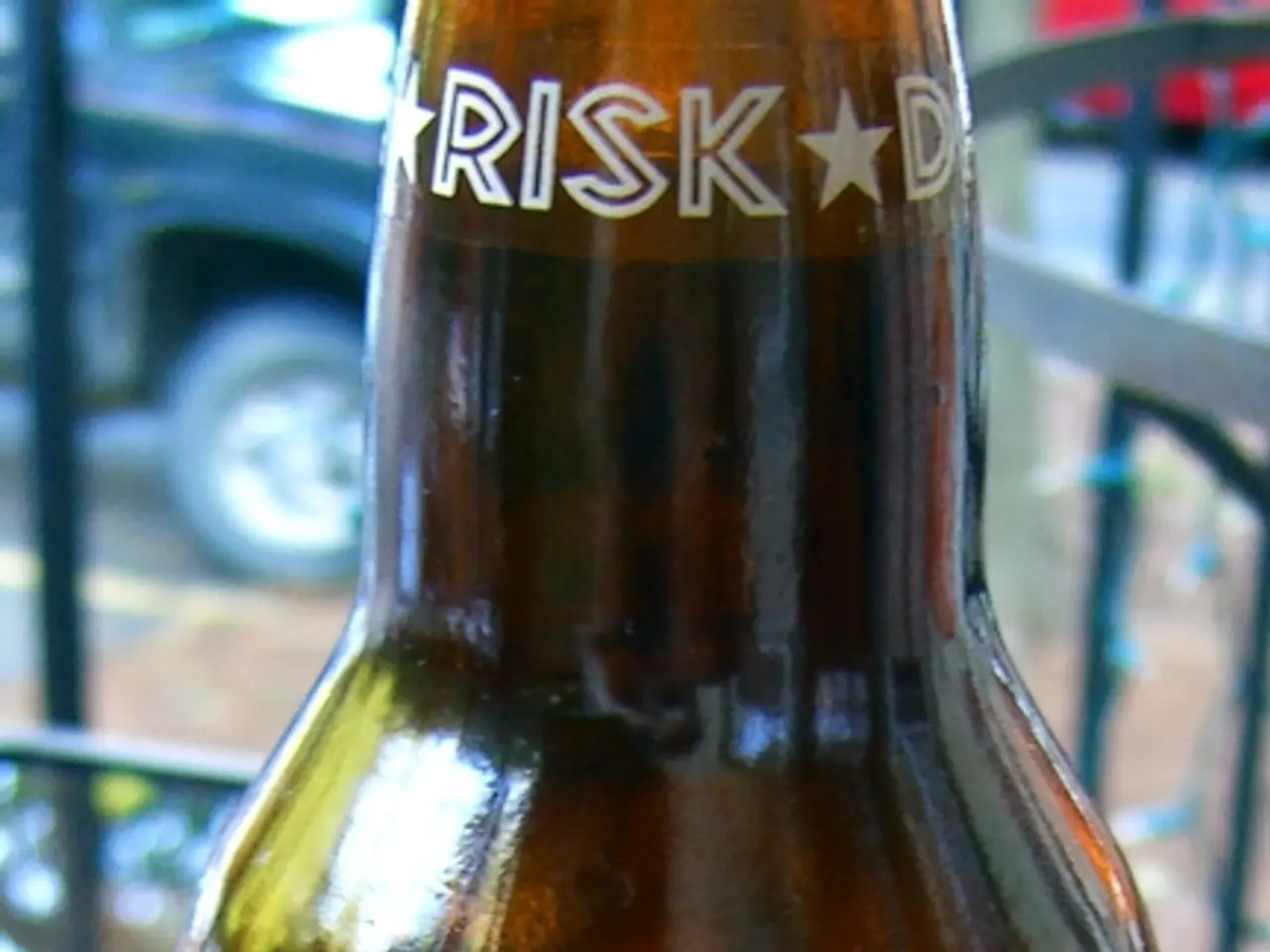The Resilience of Human Race in the Face of Cognitive Dissonance: An Examination of Its Impact
In the realm of psychology, cognitive dissonance has been a subject of interest since its introduction by Leon Festinger in 1957. This psychological phenomenon, characterized by the discomfort experienced when holding two conflicting ideas, beliefs, or values simultaneously, significantly influences decision-making and behaviour in modern society.
### The Impact on Decision-Making
Cognitive dissonance can lead individuals to make irrational decisions to alleviate the discomfort caused by conflicting beliefs or behaviours. These choices, often not in their best interest, may result from a desperate attempt to find harmony in their thoughts and actions.
Moreover, people may alter their behaviours to align with their beliefs, even if it means changing their actions in a way that is contrary to their previous behaviour. This shift can be observed in various aspects of life, from health habits to consumer choices.
### The Impact on Human Behaviour
Cognitive dissonance can also influence how people perceive and respond to social norms and expectations. It might lead individuals to conform to social norms to reduce dissonance. On the other hand, the discomfort caused by dissonance can lead to internal turmoil and stress, affecting mental well-being and relationships.
### Strategies to Mitigate Cognitive Dissonance
To combat cognitive dissonance, several strategies can be employed. Encouraging self-awareness about one’s beliefs and behaviours can help individuals recognize instances of cognitive dissonance and address them constructively. Critical thinking, evidence-based decision making, and tolerance for ambiguity are essential tools in this process.
Behavioural change and cognitive rationalization are other strategies to reduce dissonance. However, while behavioural change can lead to more aligned beliefs and values, cognitive rationalization can sometimes lead to further biases.
In the digital age, online platforms can amplify cognitive dissonance by presenting information that conflicts with users' established beliefs. Encouraging structured dissonance in educational and decision-making contexts, using AI, can promote critical thinking and cognitive flexibility.
Cognitive dissonance can arise in various contexts, such as interpersonal relationships, health behaviours, consumer choices, and social interactions. A reluctance to confront conflicting beliefs can hinder social progress and perpetuate outdated practices or beliefs. By employing these strategies, individuals can mitigate the effects of cognitive dissonance, leading to more rational decision-making and adaptive behaviours in modern society.
Examples of cognitive dissonance include a smoker who knows smoking causes cancer but continues to smoke, or a person who struggles with health-related choices due to cognitive dissonance between the desire for good health and unhealthy habits. From an evolutionary standpoint, cognitive dissonance may have promoted self-preservation and social cohesion. However, in contemporary society, its persistence often leads to challenges in reconciling beliefs and behaviours.
Politicians may exploit cognitive dissonance by framing issues in ways that resonate with voters' existing beliefs while downplaying contradictions. Fostering environments where individuals feel safe discussing conflicting ideas can promote understanding and resolution of dissonant thoughts.
In conclusion, understanding cognitive dissonance and its effects on decision-making and human behaviour is crucial in navigating the complexities of modern society. By promoting self-awareness, critical thinking, and open dialogue, we can strive for more rational, adaptive, and harmonious behaviours.
- In the realm of health-and-wellness, cognitive dissonance can lead individuals to persist in unhealthy habits despite knowing the risks, such as a smoker who acknowledges the link between smoking and cancer but continues to smoke.
- Social media, with its ability to present conflicting information related to personal beliefs, can exacerbate cognitive dissonance, potentially influencing mental-health and relationships.
- The entertainment industry may reflect or even exacerbate cognitive dissonance by portraying conflicting values and lifestyles, contributing to societal conflict and hindering progress.
- In the field of medicine, cognitive dissonance can result in professionals following practices that conflict with scientific evidence, leading to potential harm for patients and slowing the advancement of medical care.








